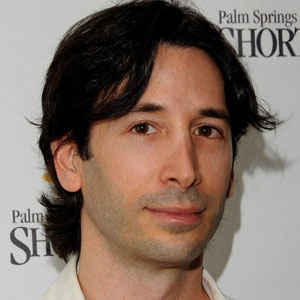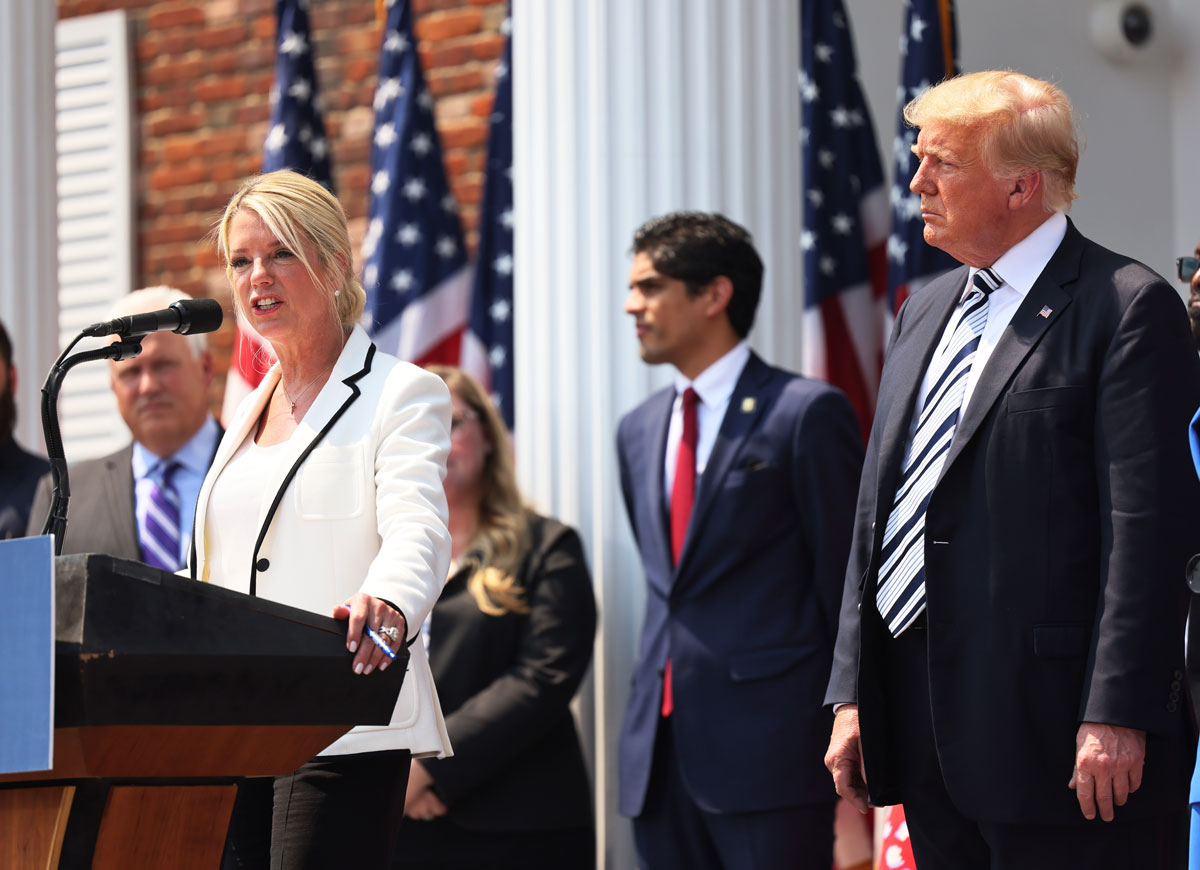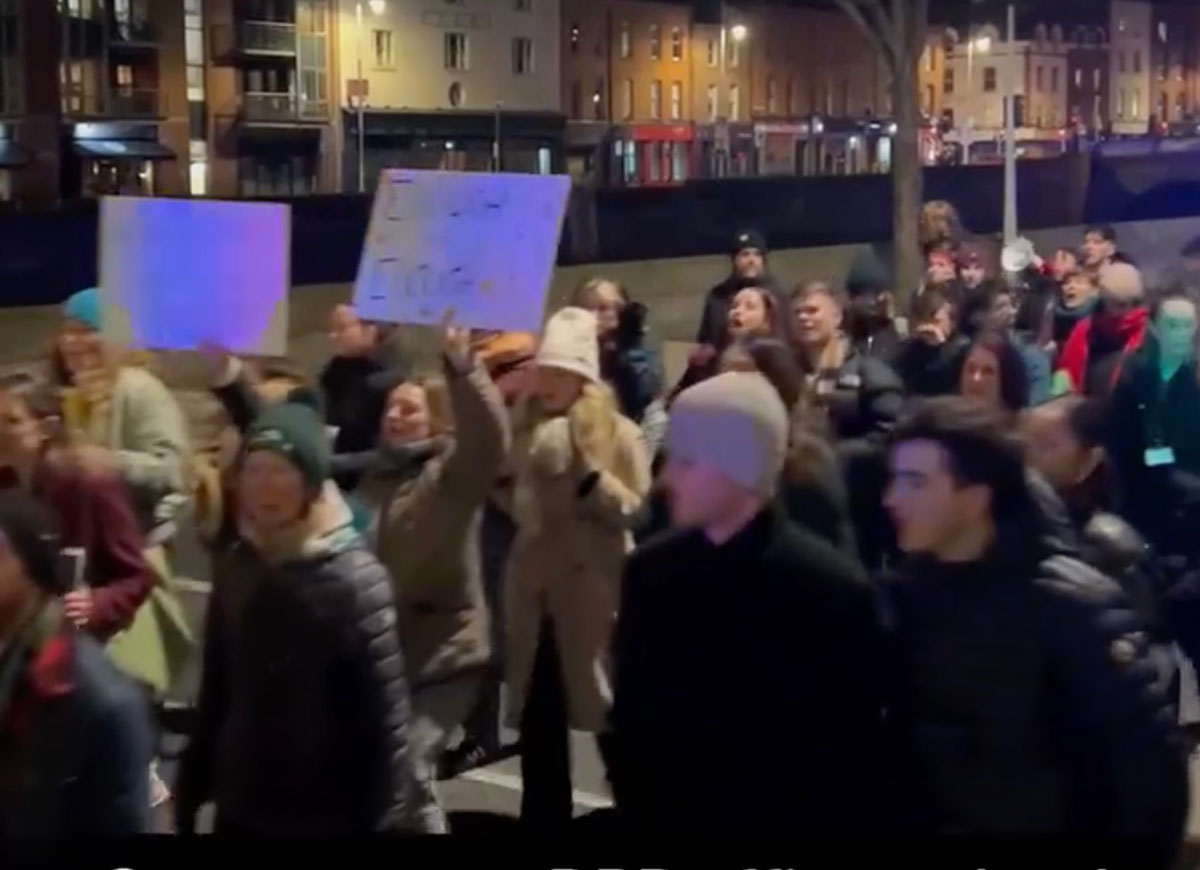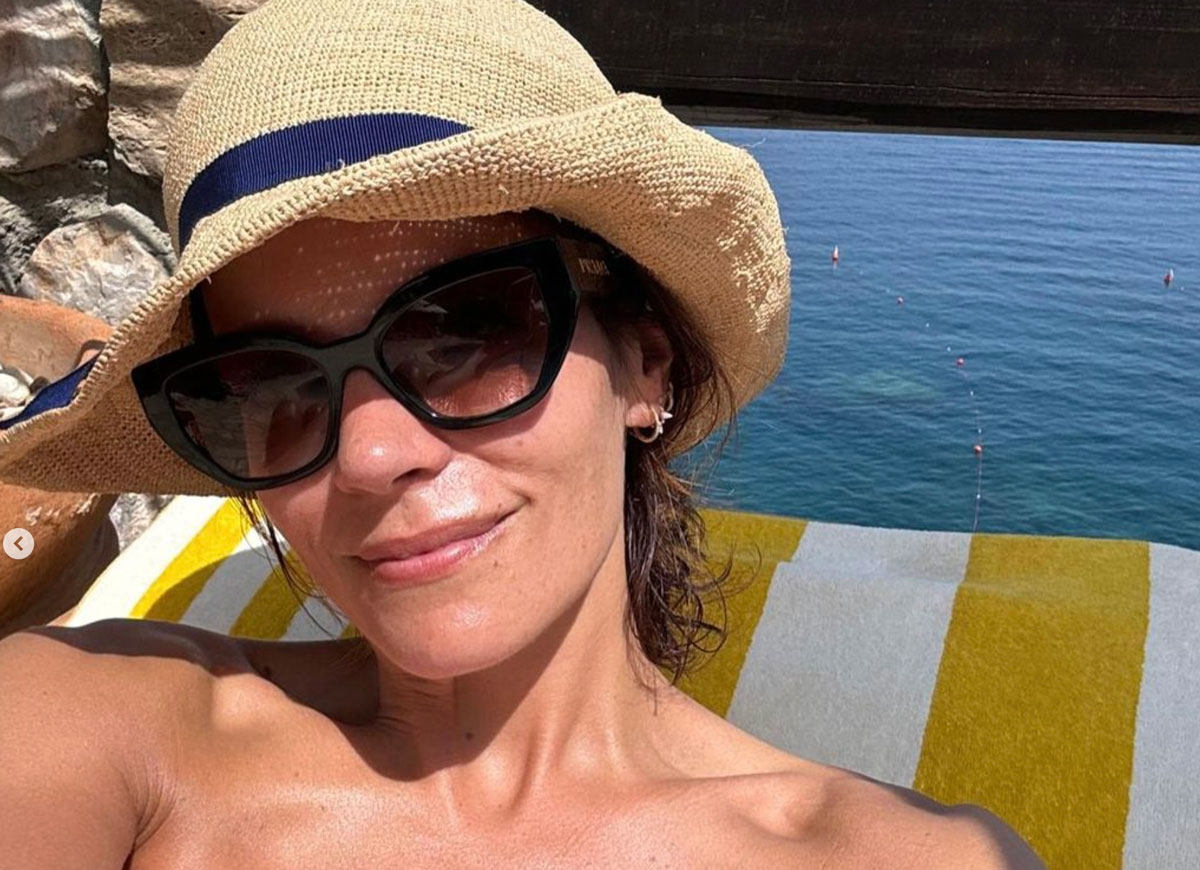Ronald Krauss On Directing 'Gimme Shelter,' Vanessa Hudgens, Rosario Dawson
Ronald Krauss, an award-winning director known for his films Puppies For Sale (1998) and Amexica (2010), sits down with Uinterview to discuss his latest project starring Vanessa Hudgens in a breakout role as a pregnant teenager fleeing her troubled past to find her father (Brendan Fraser). The movie is based on the remarkable true life stories he found while volunteering in the New Jersey homeless shelter run by Kathleen DiFiore. "The one day I came in to the shelter at 7 p.m. It was like 15 degrees out, and there was a girl standing out front with no jacket on," Krauss told Uinterview. "I said, 'What are you doing out here? Come on inside!' Her name was Darlesha. The girl hugged me so hard she almost knocked me over. She touched me so deeply it sent a jolt to my heart. It made me think over and over that there are a lot of girls like this girl out there that need to know about this place."
Gimme Shelter is now playing in theaters.
Kathy has been doing her work for the last 30-some odd years selflessly - never does any publicity anything like that. I do mainstream films. I do documentaries. There is a very large part of my work about the human causes, and I've done years of that. One day, someone came to me and said, 'Hey, have you heard of this place? This incredible story about this woman - she's got these shelters, and she was homeless herself. She has got her life back together and was abused by her husband and had no family. She got a job and bought a home and eventually turned her home into a shelter. Then the state came and shut her down and said you can't just help people like that and fined her and threatened to put her in jail. She reached out to Mother Theresa, and Mother Theresa came, and together they change the laws of the state of New Jersey. She's honored in the White House by Ronald Reagan.' And I'm like, 'Wow! What a story!' But I didn't think much of it, because I'm not just about movies that are just about stories of the weak or something like that I just thought, 'That's an incredible story.' But the shelter stuck in my mind because I'm from this area. One Christmas, I was visiting my brother. It just so happened that my brother lived about a mile from this shelter. I said, 'I'll go knock on the door and just volunteer. I'll see what it's about. I called her once and spoke to Kathy. I came by and saw exactly what was in that movie. I just saw these young girls, mothers, babies, and I was really perplexed and fascinated that this woman had selflessly helped thousands of people for 30 years, and nobody knows about her. I sat down with her and said you need to document this legacy. You need other people to continue your work - what if you're not here.
I started to document some of the girls, asking them questions. Where are they from? What's their family life like? Why are they here? What inspires them to come to this shelter? Forty girls went by just like that. Then one day, I came in at 7 p.m. It was literally four years ago from right now. It was, like, 15 degrees out, and there was a girl standing out front with no jacket on. I said, 'What are you doing out here? Come on inside!' When Kathy showed up, she's literally in my face. 'Who's this girl? How'd you let her in the shelter? What are you doing?' I felt bad. It's a safety thing. I said, 'But this girl might not have a place to stay!' So Kathy goes and talks to her and comes back to me and says, 'Ok Ron, you know we may have an extra bed here. Why don't you tell her she can stay here?' Her name was Darlesha. The girl hugged me so hard she almost knocked me over. She touched me so deeply it sent a jolt to my heart. It made me think over and over that there are a lot of girls like this girl out there that need to know about this place. That need help, that need support. The next day, I came back to talk to Kathy, and I said, 'Where's Darlesha?' And she said, 'Darlesha went to the hospital because she was traumatized.' She had walked 30 miles to get to that shelter, 30 miles, walking, for days, not eating, with no jacket on, freezing cold. She was three months pregnant. So her baby was traumatized, but anyway it was alright. So I got inspired by this. I said, I'm a filmmaker. I can do something here. It was right in front of me. It was like a calling.
I said to Kathy, 'What if I was to make a film?' It was just formulating in my mind. She said, 'Not about me, no film!' I backed off, and I just continued to help. And then some time passed, and she came to me and she said, 'You know, Ron, the girls really like you here. They trust you. I trust you. If you wanted to make a story, not about me, but about the girls and the work, that might help, that might inspire others to do acts of kindness. Open shelters, to learn about their stories.' I was thinking a documentary, because I already shot all this stuff. Then I said to myself, a feature film could really make a difference, because it could reach so many people. It was a crazy idea. I lived in that shelter for a year every day. After I finished the screenplay, I went back to Hollywood. I showed people what I wrote and people were very fascinated by it. And in came all the actors, everybody trying to figure out how to make this film. And then Vanessa Hudgens came in.
No, I never thought a Hollywood actress could play this role. I really didn't. I was looking in high schools. I was looking at unknowns and I found a couple real talented, unknown girls. I wanted someone who understood the life. I didn't think a Hollywood actress could understand about shelters and poverty, for real, you know. So I met with every famous young actress in Hollywood. I was not satisfied that I would find the right person, I was giving up. And then someone called me, and said, 'Vanessa wants to meet with you.' And I didn't know who she was, which was in her favor. I never saw High School Musical, which is good because I wasn't judging her. She came and met with me. She just looked like she did now, beautiful and on top of the world. I started interviewing her I remember, I was still in my mode of the shelter. 'Tell me about your father. Tell me about your mother. Tell me about your life.' And she was open. And I realized she had a very diverse background. She wasn't like other girls that I was meeting. Her mom was Filipino; her dad was Native American. And Hollywood had never shown this side of her. I asked her if she would audition, and she came and auditioned. No makeup, hair back. She turned in a very interesting audition. So I considered her and I said you know I wasn't looking for a famous person, but what if I put a famous person in this role, I could reach so many more people. So I took the audition tapes of girls I was interested in, there were like six, and I sent all their links to the girls in the shelter. And Kathy and I listened as they watched each one of them. They had no idea who any of these people are, they don't watch movies. And when they got to Vanessa, after her audition, they said, 'This is the girl. This is the girl that needs to play us.' Unanimous. And that was the confirmation. After I heard that, I said, 'I'm hiring this girl. These girls aren't wrong.'
That was part of the deal. She lived in the shelter for like three weeks. Transformed, broke into this character, literally broke her heart into this character, bonding with these girls, gained 15 pounds, cut her hair off, and transformed inside, not just exterior. She became this girl to the point that when the movie was over, it took her another month to get out of this character, to find out who Vanessa was again. I mean I was so nervous, because after we finished wrapping up, a few weeks later, I read that she got into like a fist-fight with a cabby and a paparazzi guy. I’m like, 'Oh my god! She’s still in that character!' You know, she’s so good in this movie, I’ve never seen a young girl turn in such a performance like this. Very rare.
She's so beautiful, Rosario. I feel bad because in this movie she looks terrible, in a good way, but she's a great actress and she's done so many great movies. I hope she doesn't take it the wrong way, but this is the best thing I've seen her in. She just connected with this character. She understands poverty and struggle and grew up in challenged childhood. And she just exploded in this movie. She just understood. It was like letting a tiger out of the cage. Every time she came onto the set, she was explosive. When she had to be deep, like in the scene in the hospital, she was very deep.
This film is very relevant to our times right now. In the last four years, people have suffered. We've gone through one of the worst economic times in the history of our country. The face of homelessness has changed. It's not a drunk guy now. It's you and me. It's everybody else, it's our friends, our family. They've suffered. Families were broken and marriages ruined, dreams crushed, and this movie really gives back to the people. It really starts the healing and it shows people that no matter who you are and what you're going through in life, there is someone out there just like you who understands and is willing to help you and understand your problem. It also shows that simple acts of kindness go a long way. That we need to pay attention to our friends, our family, and even strangers and give them your couch or help out, and pay attention, because it's all of us. That's what the common thread is.
RELATED ARTICLES
Get the most-revealing celebrity conversations with the uInterview podcast!








Leave a comment